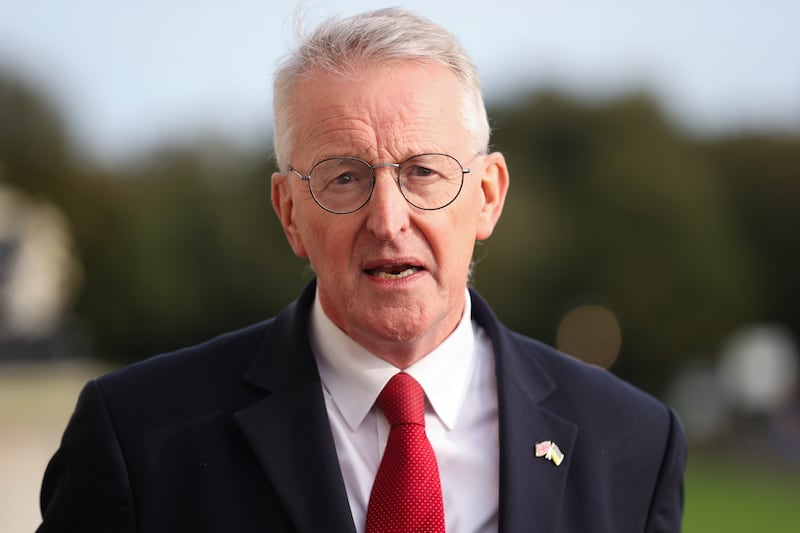Mr Justice Adrian Colton did not determine as unlawful the scrapping of legacy inquests from the start of May.
Some of the families who took the case arguing against the Legacy Act are facing the end of inquests.
But it appears Mr Justice Colton has left it open for inquests to be shut down, which will be appealed, said Professor Kieran McEvoy of Queen’s University.

Shadow Secretary of State Hilary Benn, speaking on Wednesday, called for the inquest process, including hearings and rulings, to continue until the legality of ICRIR’s work is firmly established.
There is a sense among the legal community that if the Coroner’s Service is forced to shut down inquests, cases may be packed away for them to be efficiently re-opened if there is political change at Westminster.
A UK General Election is due to take place late this year or early next. Mr Benn said Labour is committed to repealing the act and starting again, using the 2014 Stormont House agreement as a foundation for crafting legacy legislation it is hoped supported by the majority in Northern Ireland.

All political parties in the north oppose the legacy act.
Asked what will happen with legacy cases while appeals are continuing, the office of Lady Chief Justice Siobhan Keegan, said in a statement: “This will be for the government to decide and in the meantime there will be no change to the current listing of inquests.”
In a declaration, the court ruled that sections of the legislation shutting down Troubles-related civil actions brought after May 17, 2022 and prohibiting any new claims lodged after November 18, 2023 is incompatible with Article 6 of the ECHR and the Windsor Framework.
Mr Justice Colton said the interference with the rights of those seeking vindication against state agencies via civil litigation is unlawful and cannot be justified. However, he did not make the same determination in connection with inquests.

